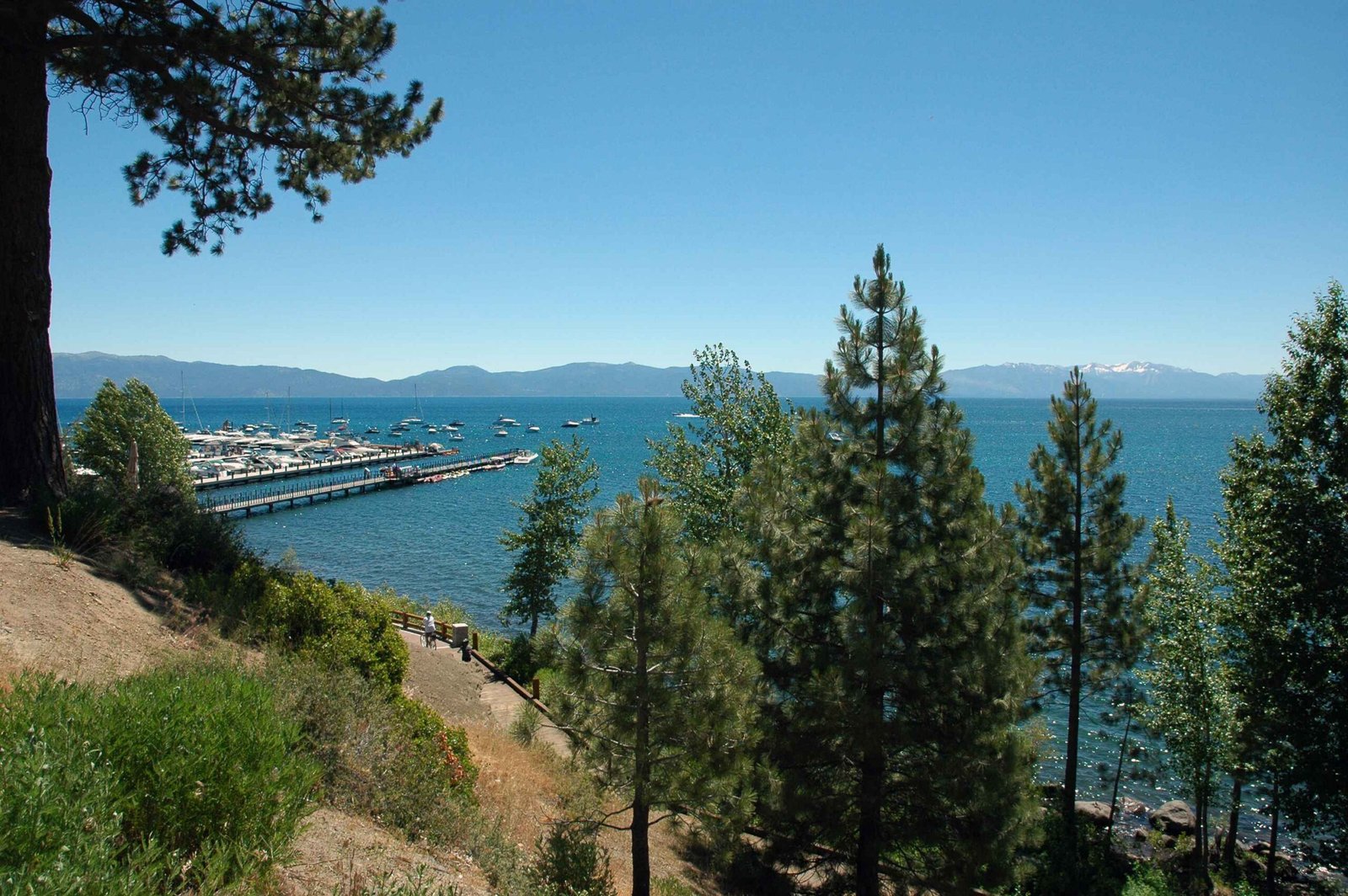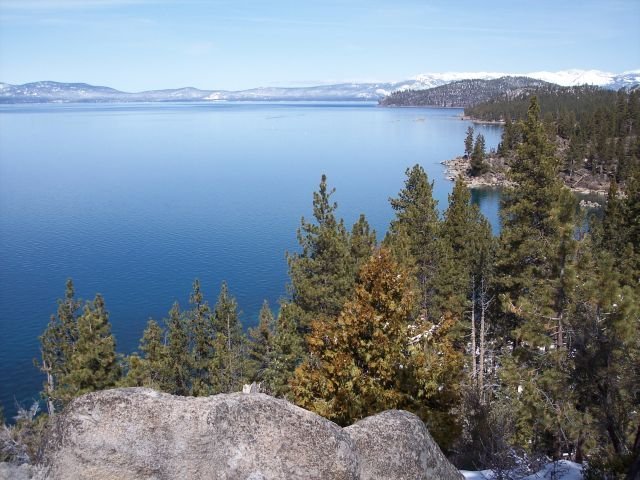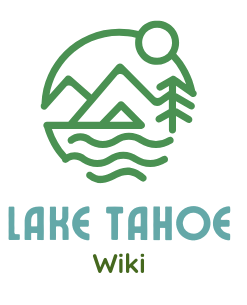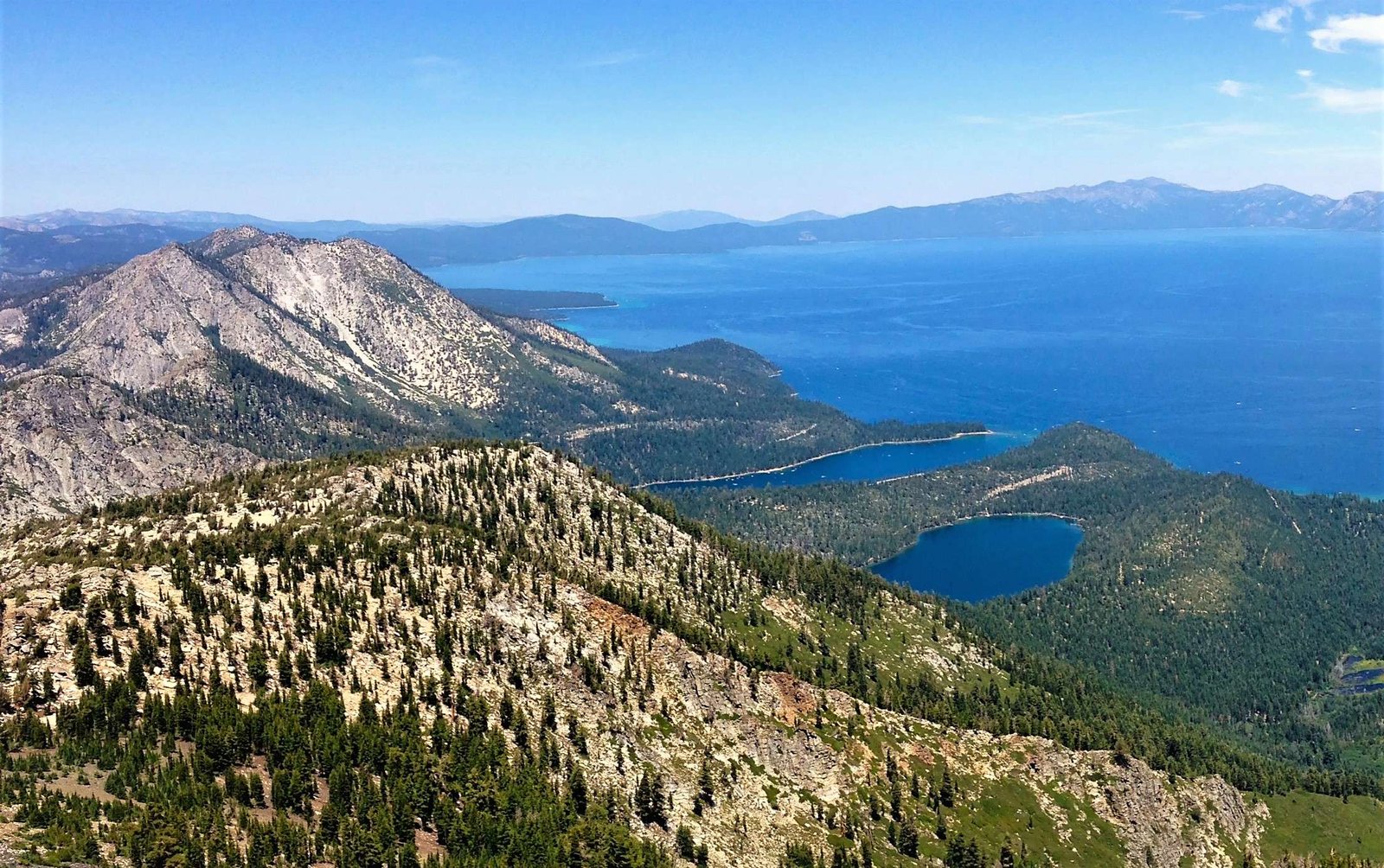Lake Tahoe backpacking permits are crucial for overnight camping in the area, especially in Desolation Wilderness. These permits ensure wilderness preservation and manage visitor impact. The process involves quota systems, fees, and specific regulations. Permits can be obtained up to six months in advance through recreation.gov or in person at designated Forest Service offices.
What Are the Types of Lake Tahoe Backpacking Permits?

Lake Tahoe backpacking permits are divided into two main categories:
- Day Use Permits:
- Free and self-issued
- Available at all trailheads entering the wilderness
-
No reservation required
-
Overnight Permits:
- Required for any overnight stay in the wilderness
- Subject to a quota system
- Can be reserved up to six months in advance
- Available through recreation.gov or in-person at Forest Service offices
How Much Do Lake Tahoe Backpacking Permits Cost?

The cost structure for Lake Tahoe backpacking permits is as follows:
| Permit Type | Fee |
|---|---|
| Day Use | Free |
| Overnight Reservation | $6 non-refundable fee per permit |
| Overnight Recreation (1 night) | $5 per person |
| Overnight Recreation (2-14 nights) | $10 per person |
| Children (12 and under) | Free |
| Desolation Annual Pass holders | Free (but $6 reservation fee applies) |
What Is the Application Process for Lake Tahoe Backpacking Permits?
The application process for Lake Tahoe backpacking permits involves several steps:
- Decide on your trip dates and preferred camping zones
- Visit recreation.gov or a Forest Service office
- Select your entry date and group size
- Choose your first night’s camping zone
- Pay the required fees
- Receive your permit confirmation
For online reservations:
– Available up to six months in advance
– Reservations close one week prior to the wilderness entry date
For in-person permits:
– A limited number are available on the day of wilderness entry
– Visit the Placerville Ranger Station or Lake Tahoe Basin Supervisor’s Office
– Offices open at 8:00 am, but arrive earlier for popular spots
What Documentation Is Necessary for Lake Tahoe Backpacking?
When backpacking in Lake Tahoe, you must carry:
- Your issued permit
- Valid identification
- Bear canister (required in Desolation Wilderness)
- California Campfire Permit (if using a campstove)
What Are the Key Dates for Lake Tahoe Backpacking Permits?
Important dates for Lake Tahoe backpacking permits include:
- November 23, 2024: Reservations open for the 2025 quota period
- May 23, 2025 – September 30, 2025: Quota period for Desolation Wilderness
- One week before entry date: Online reservations close
Where Are the Trailheads for Lake Tahoe Backpacking?
Desolation Wilderness, a popular Lake Tahoe backpacking destination, is accessed through 13 trailheads:
- Echo Lakes
- Glen Alpine
- Bayview
- Eagle Falls
- Meeks Bay
- Rubicon
- Rockbound
- Loon Lake
- Wrights Lake
- Twin Lakes
- Pyramid Creek
- Horsetail Falls
- Echo Chalet
Parking fees are waived for overnight permit holders at certain day-use areas (Pyramid Creek, Eagle Falls, Loon Lake, Rockbound, and Twin Lakes).
What Are the Camping Regulations for Lake Tahoe Backpacking?
When backpacking in Lake Tahoe, adhere to these camping regulations:
- Camp only in designated areas
- Set up camp at least 200 feet away from water sources
- Stay 100 feet away from trails
- No camping at trailheads
- Maximum group size is 12 people in Desolation Wilderness
- Practice Leave No Trace principles
Are Campfires Allowed During Lake Tahoe Backpacking?
Campfire regulations for Lake Tahoe backpacking are strict:
- Campfires are generally prohibited along the Tahoe Rim Trail and in Desolation Wilderness
- Fires are only allowed in designated campgrounds when fire restrictions are not in effect
- A California Campfire Permit is required to use any kind of campstove
- Check current fire restrictions before your trip
How Can I Minimize Environmental Impact While Backpacking in Lake Tahoe?
To protect Lake Tahoe’s fragile ecosystems:
- Stay on designated trails
- Use established campsites
- Properly store food in bear canisters
- Pack out all trash and waste
- Use biodegradable soap for washing
- Avoid disturbing wildlife and plant life
- Follow all permit regulations and guidelines
By adhering to these rules and obtaining the proper Lake Tahoe backpacking permits, you can enjoy a responsible and memorable wilderness experience in one of California’s most beautiful natural areas.

